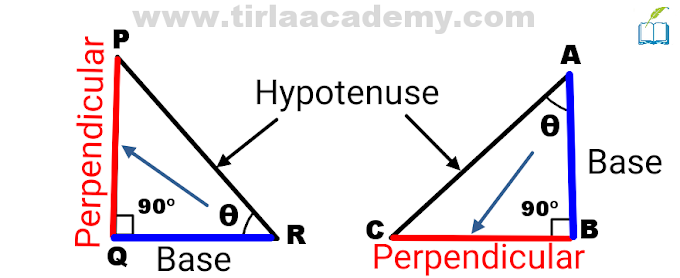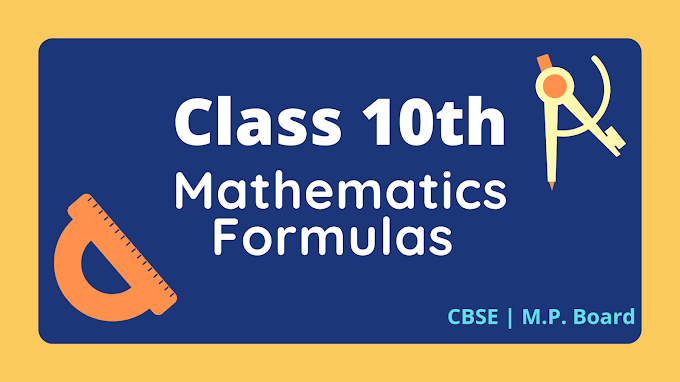There are different types of numbers in Mathematics such as whole numbers, natural numbers, integers, rational numbers, prime and composite numbers, etc. And all these numbers play an important role in maths.
In this article, we are going to discuss the composite number, examples of composite numbers, a list of composite numbers, and much more.
Let us start with the composite number definition and examples.
What is a Composite number in Math?
A number that has more than two factors is know as composite number.ORA number that is divisible by more than two numbers is known as a composite number.
Remember all even numbers are composite numbers except 2 because 2 has only two factors 1 and 2. The smallest composite number is 4. And all composite numbers are natural numbers.
What are some examples of composite numbers?
24, 40, 77, 100, 990, etc. are some examples of composite numbers:-
24 = Factors of 24 are 1,2,3,4,6,8,12,24. ( 24 have more than two factors).
40 = Factors of 40 are 1,2,4,5,8,10,20,40. (40 also have more than two factors).
77 = Factors of 77 are 1,7,11,77. (77 have more than two factors).
List of composite numbers from 1 to 100
There are 74 composite numbers from 1 to 100. They are-
4, 6, 8, 9, 10, 12, 14, 15, 16, 18, 20, 21, 22, 24, 25, 26, 27, 28, 30, 32, 33, 34, 35, 36, 38, 39, 40, 42, 44, 45, 46, 48, 49, 50, 51, 52, 54, 55, 56, 57, 58, 60, 62, 63, 64, 65, 66, 68, 69, 70, 72, 74, 75, 76, 77, 78, 80, 81, 82, 84, 85, 86, 87, 88, 90, 91, 92, 93, 94, 95, 96, 98, 99, 100.
Composite numbers from 1 to 50
There are 34 composite numbers from 1 to 50. They are-
4, 6, 8, 9, 10, 12, 14, 15, 16, 18, 20, 21, 22, 24, 25, 26, 27, 28, 30, 32, 33, 34, 35, 36, 38, 39, 40, 42, 44, 45, 46, 48, 49, 50.
Difference between composite numbers and Prime numbers.
Composite numbers have more than two factors while Prime numbers have only two factors.
All even numbers excluding 2 are composite numbers while 2 is a prime number.
Examples of composite numbers are 30, 40, 18, 106, etc. While examples of prime numbers are 2, 3, 5, 7, 17, etc.
How to find factors of composite numbers?
We may find the factors of any composite number by dividing it from other numbers & check its remainder to be zero.
If the remainder will be zero and the quotient is not in decimal form then that number will be the factor of that composite number.
1. Example:-
56 = Numbers by which 56 is divisible are 1, 2, 4, 7, 8, 14, 28, and 56.
So 1, 2, 4, 7, 8, 14, 28, and 56 all are factors of 56.
2. Example:-
72 = Numbers by which 72 is divisible are 1, 2, 3, 4, 6, 8, 9, 12, 18, 24, 36, 72.
So 1, 2, 3, 4, 6, 8, 9, 12, 18, 24, 36, and 72 all are the factors of 72.
Composite Numbers FAQs
List of Composite numbers above 100
102, 104, 105, 106, 108, 110, 111, 112, 114, 116, 117, 118, 119, 120, 122, 123, 124, 125, 126, etc.
What is the smallest composite number?
The smallest composite number is 4. And 4 has three factors 1, 2, and 4.
What are the composite numbers between 20 and 40?
There are 15 composite numbers between 20 and 40. They are 21, 22, 24, 25, 26, 27, 28, 30, 32, 33, 34, 35, 36, 38, 39.
How many composite numbers are between 30 and 40?
There are 7 composite numbers that lie between 30 and 40. They are 32, 33, 34, 35, 36, 38, and 39.
Is 2 a composite number?
No, 2 is not a composite number. 2 is a prime number because 2 has only two factors 1 and 2.
Is 4 a composite number?
Yes, 4 is the smallest composite number it has three factors 1, 2, and 4.
Is 5 a composite number?
5 has only two factors 1 and 5 so it is not a composite number.
Is 3 a composite number?
No, 3 is not a composite number because it has two factors 1 and 3.
Is 21 a composite number?
21 is a composite number because it has more than two factors 1, 3, 7, and 21.
Is 9 a composite number?
Yes, 9 is a composite number it has more than two factors 1, 3, and 9.
Is 15 a composite number?
15 is a composite number because it has four factors 1, 3, 5, and 15.
Is 29 a composite number?
No, 29 is a prime number because it has two factors 1 and 29.
Is 27 a composite number?
27 is a composite number it has 1, 3, 9, and 27 as factors.
Is 50 a composite number?
Yes, 50 is a composite number its factors are 1, 2, 5, 10, 25, and 50.
Is 40 a composite number?
Yes, it has more than two factors 1, 2, 4, 5, 8, 10, 20, and 40.
Is 24 a composite number?
24 has more than two factors so 24 is a composite number.
Is 56 a composite number?
56 is a composite number it has 1, 2, 4, 7, 8, 14, 28, and 56 as factors.
Is 77 a composite number?
77 is a composite number with factors 1, 7, 11, and 77.
Is 72 a composite number?
Yes, 72 is a composite number because it has more than two factors.
Is 123 a composite number?
Yes, 123 is a composite number it has more than two factors.
Is 102 a composite number?
Yes, all numbers that have more than two factors are composite numbers.
Is 86 a composite number?
86 has more than two factors so it is a composite number.
Is 95 a composite number?
Yes, 95 is a composite number with more than two factors.
Is 82 a composite number?
Yes, 82 is a composite number because it has more than two factors.
Is 125 a composite number?
125 has more than two factors so 125 is a composite number.
Is 98 a composite number?
Yes, all even numbers are composite numbers except 2. 98 is an even number and it has more than two factors so 98 is a composite number.
Is 110 a composite number?
Yes, 110 is a composite number because it contains more than two factors.
Is 1 a composite number?
No, 1 is not a composite number because it has only one factor itself 1.





